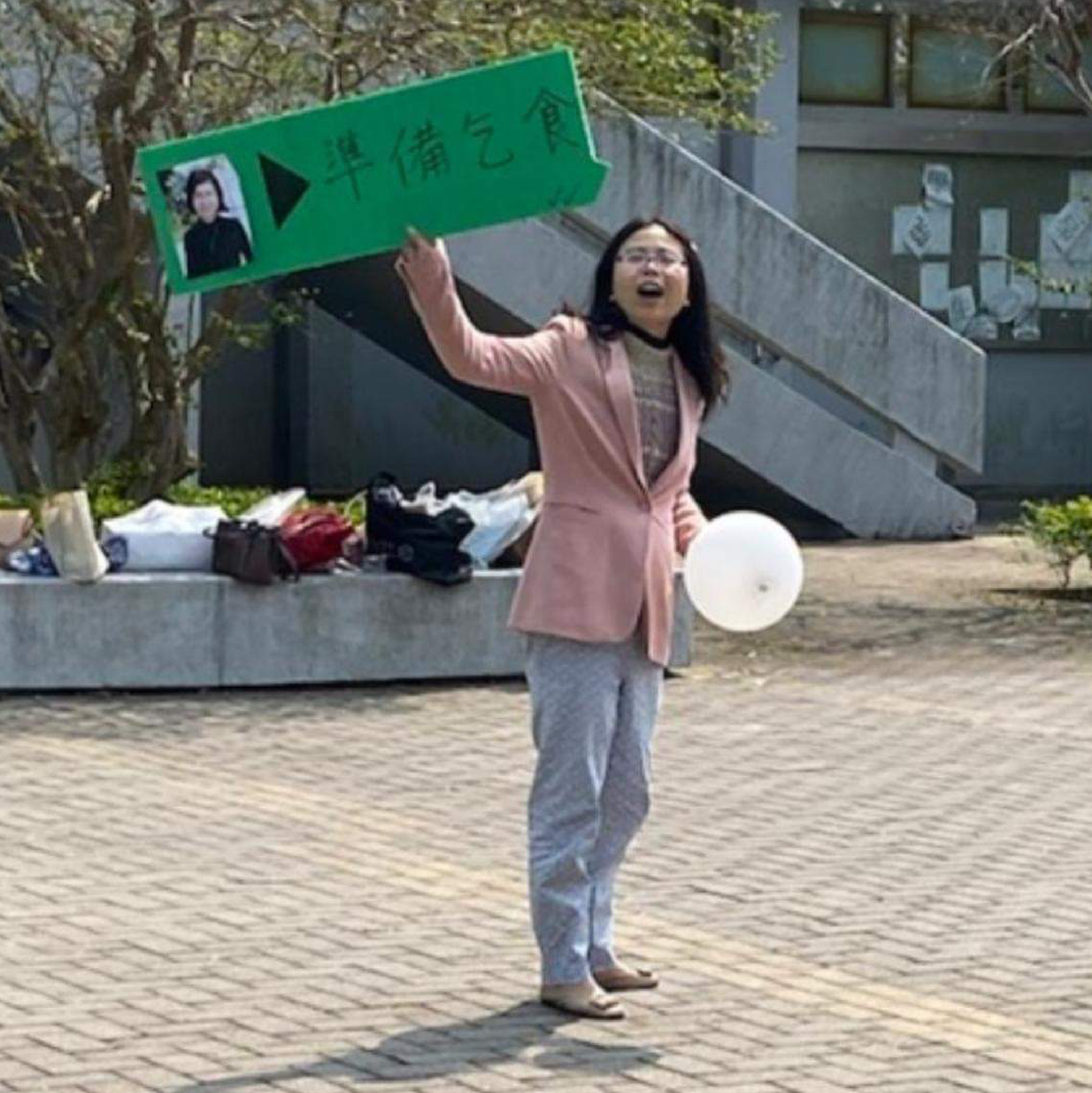[Postscript] The fire is not over yet: walking through the campus of CUHK and the daily life of three students
This feature is a non-fiction writing project I started at the end of last year (2021). I followed the lives of three respondents over a period of several months, writing on a longer time scale how they lived under seemingly bad times. The topic will be written in early February of this year (2022). Due to busy schedules, it has been delayed until now for publication.
But after a few months, things seem to have changed again. The words written before seemed to be out of date. The old oppression seems to have become routine and no longer brings any impact to people. And new oppression comes in other ways. For example, under the new wave of the epidemic in 2022, the school once again requires dormitory students to leave the dormitory. Universities are following the government's move to require everyone entering campus to show vaccination records, even if they are exempted for medical reasons. The university has successively taken back the meeting rooms of the CUHK Student Newspaper and the campus radio station. But on the other hand, the surviving people are still thinking about the future and are reluctant to give up. Recently, some classmates also launched the "Looking for the People's Girl" action to preserve historical memory. The future is still unknown.
In my understanding, non-fiction writing is a genre between literature and reporting. Compared with literature, non-fiction writing requires realism. In my application, every line of dialogue comes from the interviewee's mouth. Every scenario I construct comes from the interviewee's narrative. Compared with reporting, non-fiction writing hopes to challenge the framework of "objectivity and neutrality", acknowledging that each writer writes other people's stories with their own position, standpoint, and vision. Under the self-expression of the interviewees (or "reporters" in the anthropological context), their inner states were reconstructed from their ordinary, past life experiences. This is what I hope to do in this article.
Under the pressure of the social environment, everyone is still trying to live their own life. There is still a lot to do. Of course, these trivial things in daily life may be blown away after the wind changes. Reality is always cruel. But I've learned from my interviewees that storm after storm, while annihilating their efforts at one point, can also blow their message into corners they didn't expect -- albeit in the form of form of wreckage.
Every seemingly mediocre thing is even more precious in difficult times. The "everyday" thing is fragile and small, but it is also tough and flexible. That's what "everyday" means. And our "daily" is still going on day after day.
May 2022 Taiwan
Interview and Writing: Ashes
Text proofreading: E
Thanks to everyone who helped with this topic

*In order to protect the safety of respondents and others, respondents and specific names are pseudonyms
Like my work? Don't forget to support and clap, let me know that you are with me on the road of creation. Keep this enthusiasm together!

- Author
- More